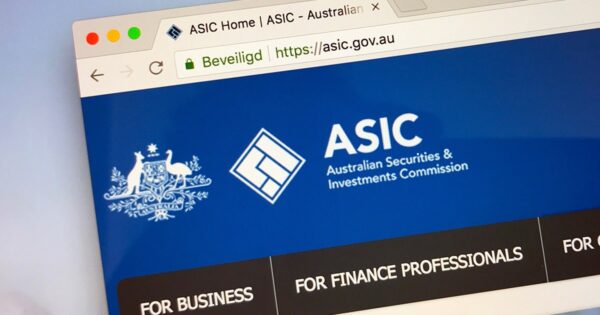Is APRA trying to shrink its regulatory universe?

Is the Australian Prudential Regulation Authority (APRA) trying to shrink its regulatory universe?
At the same time as APRA has been placing pressure on superannuation funds to consider merging to gain scale, it has confirmed that it has a similar view of health insurance funds.
What is more, it appears that the regulator is keen to have an influence of which funds merge with which.
While APRA deputy chair, Helen Rowell made the regulator’s views about superannuation fund mergers clear during the recent Conference of Major Superannuation Funds (CMSF), her colleague, APRA general manager, Insurance, John Huijsen sent a similar message to a Health Insurance Summit this week.
While claiming that the regulator was not close to the point where a private health insurer (PHI) might need to wind up or be forced into a merger, Huijsen made clear that the insurers should have actively considered merger options as “part of their Plan B preparations”.
“…we do expect plans built on prospective or potential mergers to be credible,” he said. “Let me echo a remark APRA Deputy Chair Helen Rowell delivered recently to the superannuation industry that is equally relevant to PHIs. If two vulnerable PHIs merge, we may simply be left with a larger but equally vulnerable new entity, which is not a long-term solution.”
“At the same time, APRA is progressing its own resolution preparedness internally in case entity-led actions are not effective, the situation deteriorates and we need to step in to prevent an entity failure from becoming disorderly,” Huijsen said.
“This is not a position APRA wants to be in, but we are investing effort so we can confidently know when to act, what to do, and what resources would be required.”











When the experience exemption was proposed, FAAA lobbied very hard for a 10 year sunset clause. Which was actually quite…
Maybe if they showed they actually care & supported their existing members better. I reported last year case of being…
"They need to ditch the “grandfathered” CFPs which totally undermine the value of the CFP designation." I said this years…
FAAA only has about half of the practising adviser population as members. (They also have lots of miscellaneous hangers on…
Anyone entering this profession to do the Professional Year would clearly lack the intelligence to gauge the probable risk/return of…